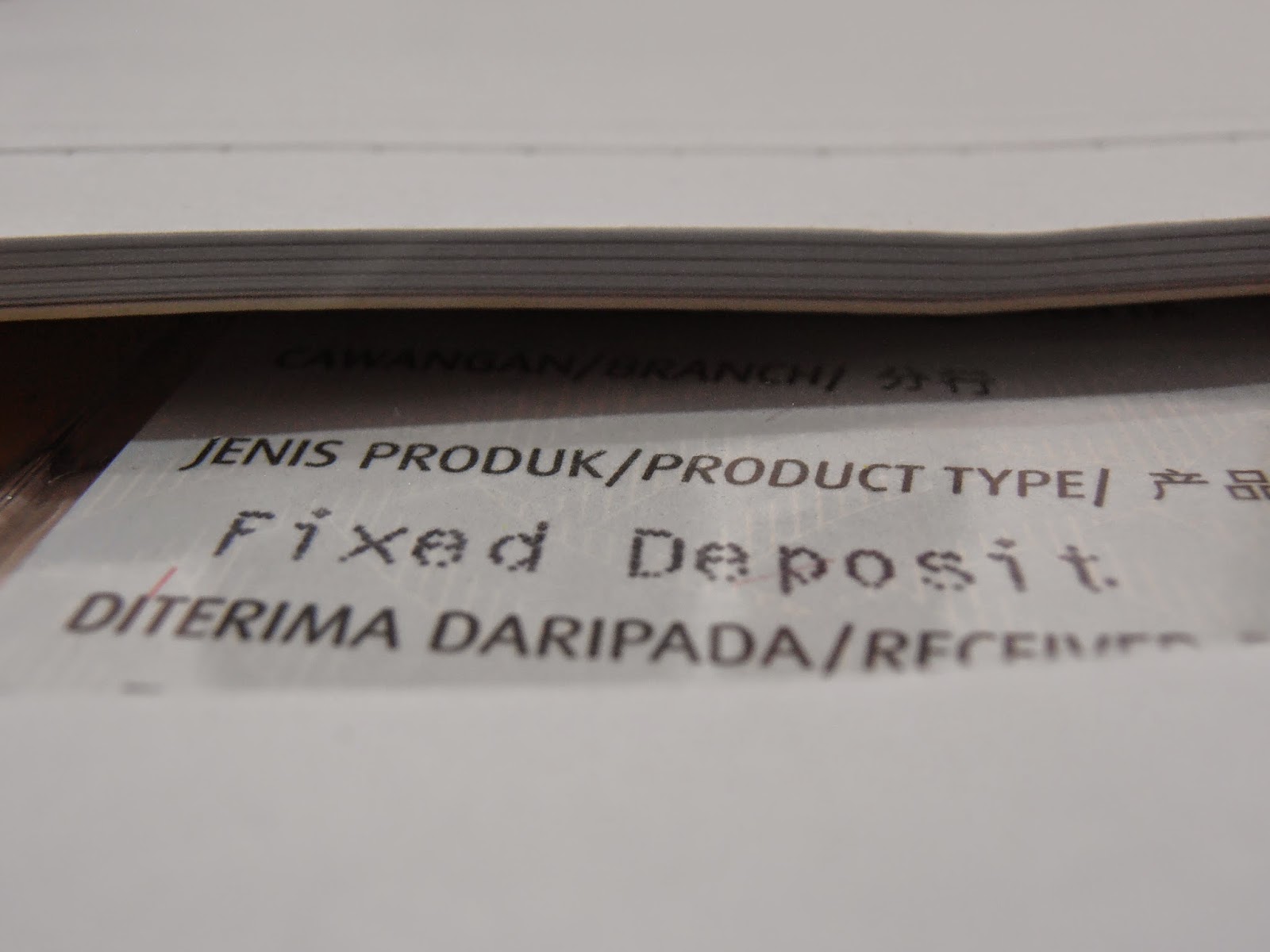4) MUTUAL FUNDS
An investment vehicle that is made up of a pool of funds collected from many investors for the purpose of investing in securities such as stocks, bonds, money market instruments and similar assets. Mutual funds are operated by money managers, who invest the fund's capital and attempt to produce capital gains and income for the fund's investors. A mutual fund's portfolio is structured and maintained to match the investment objectives stated in its prospectus.
Investing in mutual funds offers benefits you won't get from trading individual stocks and bonds on your own. It has less risk through more diversification. One mutual fund can invest in hundreds and sometimes thousands—of individual securities at once. So if any one security does poorly, the others are there to help offset that risk.
Beside that, it has professional management so that you don't have to keep track of every security your mutual fund owns. The fund is managed by experts who take care of that for you.
Moreover, it is convenient because you can buy and sell mutual fund shares online or by phone and set up automatic investments and withdrawals.
4) REAL ESTATES
Real estate investment is the most common investment that most Malaysian make. Real estate that generates income or is otherwise intended for investment purposes rather than as a primary residence. It is common for investors to own multiple pieces of real estate, one of which serves as a primary residence, while the others are used to generate rental income and profits through price appreciation. The tax implications for investment real estate are often different than those for residential real estate.
Common examples of investment properties are apartment buildings and rental houses, in which the owners do not live in the residential units, but use them to generate ongoing rental income from tenants. Those who invest in real estate also expect to generate capital gains as property values increase over time.
References : http://www.investopedia.com/











